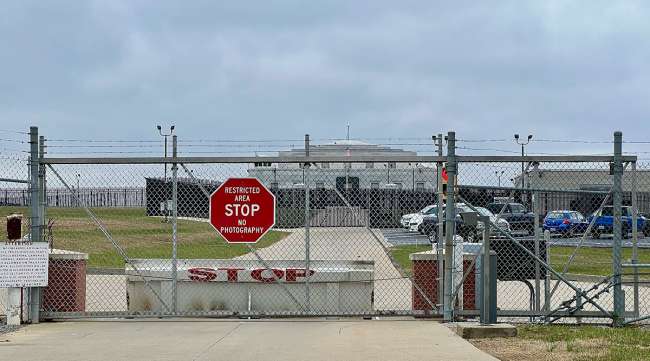Overview of the Recent Legislative Proposal
As Congress reconvenes its legislative agenda after the August break, focus is shifting toward a significant defense authorization bill that has implications for the trucking sector.
The National Defense Authorization Act (NDAA)
The annual defense authorization legislation is anticipated to be brought to the floors of both the House and Senate as early as September. This crucial bill outlines priorities for the Pentagon and gauges the nation’s military readiness for the upcoming year.
Within this extensive NDAA framework, provisions affecting truck driver rights, especially regarding restroom access, have emerged. Specifically, it proposes ensuring that truckers with appropriate security credentials can access restroom facilities near their work locations, a measure highlighted as vital for the trucking workforce.
Importance of Restroom Access
In a move endorsed by influential voices within the trucking community, the American Trucking Associations (ATA) has championed greater restroom access for drivers. This push recognizes truck drivers as essential components of the economy and the supply chain. According to ATA President Chris Spear, having access to such basic facilities is not merely a matter of comfort; it directly impacts driver dignity and retention rates.
Spear emphasized, “Truck drivers are the heartbeat of our economy and critical to supply chain continuity. When they stop for pickups or deliveries, which can sometimes take hours, they should have access to restroom facilities.” This sentiment echoes mountingly as industry experts acknowledge that such accommodations play a crucial role in attracting and retaining talent in a sector grappling with labor shortages.
Provisions of the NDAA
Part of the proposed NDAA includes directives specifically benefiting drivers involved in what is termed “transportation protective service” for sensitive cargo associated with defense activities. The legislation ensures restroom access for these drivers, reinforcing the commitment to a more supportive operational environment.
Moreover, the NDAA aims to enhance truck security at military bases and conduct thorough evaluations of best practices for both commercial surface and air freight operations.
Wider Context of the NDAA and Its Economic Impacts
House Armed Services Committee Chairman Mike Rogers discussed broader objectives linked to the NDAA, stating that it seeks to fundamentally reform defense acquisition processes by eliminating bureaucratic obstacles and fostering innovation. This could translate into improved operational efficiencies in logistics and transportation sectors, potentially leading to more streamlined freight movement processes.
As the legislation progresses through Congress, there’s anticipation regarding its potential impact on logistics and freight operations, which invariably link back to the truck driver experience.
Broader Implications for the Trucking Sector
The modern issues faced by truck drivers extend beyond restroom accessibility; they also encapsulate fatigue management, compensation, and working conditions. By embedding provisions for restroom access into a must-pass piece of legislation, lawmakers signal a rising consciousness about the holistic well-being of truckers, a population often overlooked.
This represents a potential shift toward recognizing truck drivers as vital service providers deserving of consideration comparable to other professionals. If addressed holistically, significant improvements could emerge within workforce dynamics in the transportation sector.
Encouragement for Truck Driver Dignity
As the discussion unfolds, Rep. Adam Smith, ranking member of the House Armed Services Committee, reaffirmed the bill’s goal to cut through red tape and deliver timely resources to service members. Parallels can be drawn here to similar needs within trucking—streamlined access to facilities like restrooms aligns not only with increasing duty to serve but also with ensuring a workforce remains intact.
Summary
In conclusion, the legislative proposals surrounding restroom access for truck drivers illustrate a growing acknowledgment of the essential role these professionals hold within our economy. Not only does this push positively influence trucking conditions, but it also indirectly serves to fortify the logistics chain. The burgeoning recognition of truck drivers’ needs informs wider discussions about future legislative approaches and practices in the transport sector.
While reviews and expert feedback present valuable insights regarding these legislative changes, personal experiences remain paramount in shaping understanding. For those looking to navigate their transportation needs efficiently and affordably, GetTransport.com offers diverse options for cargo movement, including relocation services, delivery mechanisms for large items, and comprehensive logistics support across 180 countries. The platform empowers users to secure their transportation needs while streamlining the logistical challenges often faced in the industry. Book your cargo transportation at the best prices globally at reasonable prices with GetTransport.com.

